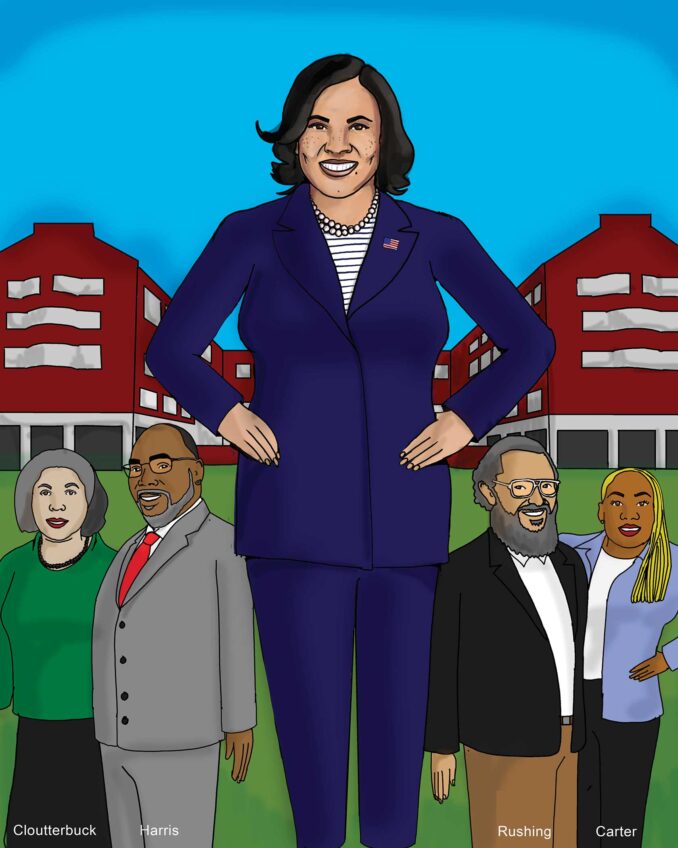There is an inherent conflict between the residents of a high-crime neighborhood and the municipal police. Boston has not been immune to this tension. Some residents insist that police protection is inadequate while others complain that the police presence is oppressive. Both perspectives become grist for the political mill during a mayoral election campaign. In addition, the Massachusetts Association of Minority Law Enforcement Officers (MAMLEO) has been at odds with Police Commissioner Edward Davis.
In New York City, differing positions on the city’s “stop-and-frisk” policy became dispositive. In Boston, MAMLEO attempted to tarnish Davis’ reputation by asserting that he is a racist. Candidates for mayor were then asked whether or not they planned to retain Davis as commissioner. For some people this even became a campaign issue.
There is scant evidence to charge Davis with racial discrimination. During Davis’ service in Boston, as well as in Lowell, no court has issued a final determination that he is guilty of racial discrimination. Such a serious accusation of racism brought against a public official should be objectively established before fair-minded people will believe it.
In an earlier editorial the Banner suggested that the problem stemmed in part from the high failure rate of black police officers on the civil service exams. MAMLEO should establish an effective prep program to train their members to perform well on the next sergeant exam. A MAMLEO supporter insists that the organization has a training program. That is indeed disturbing. Only 71 percent of the blacks who took the last test scored a passing grade compared with 93 percent of the whites, and no blacks scored in the top 10 percent. The unavoidable conclusion is that the MAMLEO training program is flawed, there was too much absenteeism or the candidates were unable to learn.
The primary election is over but the final election looms ahead. In this period of uncertainty, Davis has decided to pursue other professional opportunities. It is time for MAMLEO to use its resources to help establish better police-community relations and to prepare their members for advancement and promotion.






